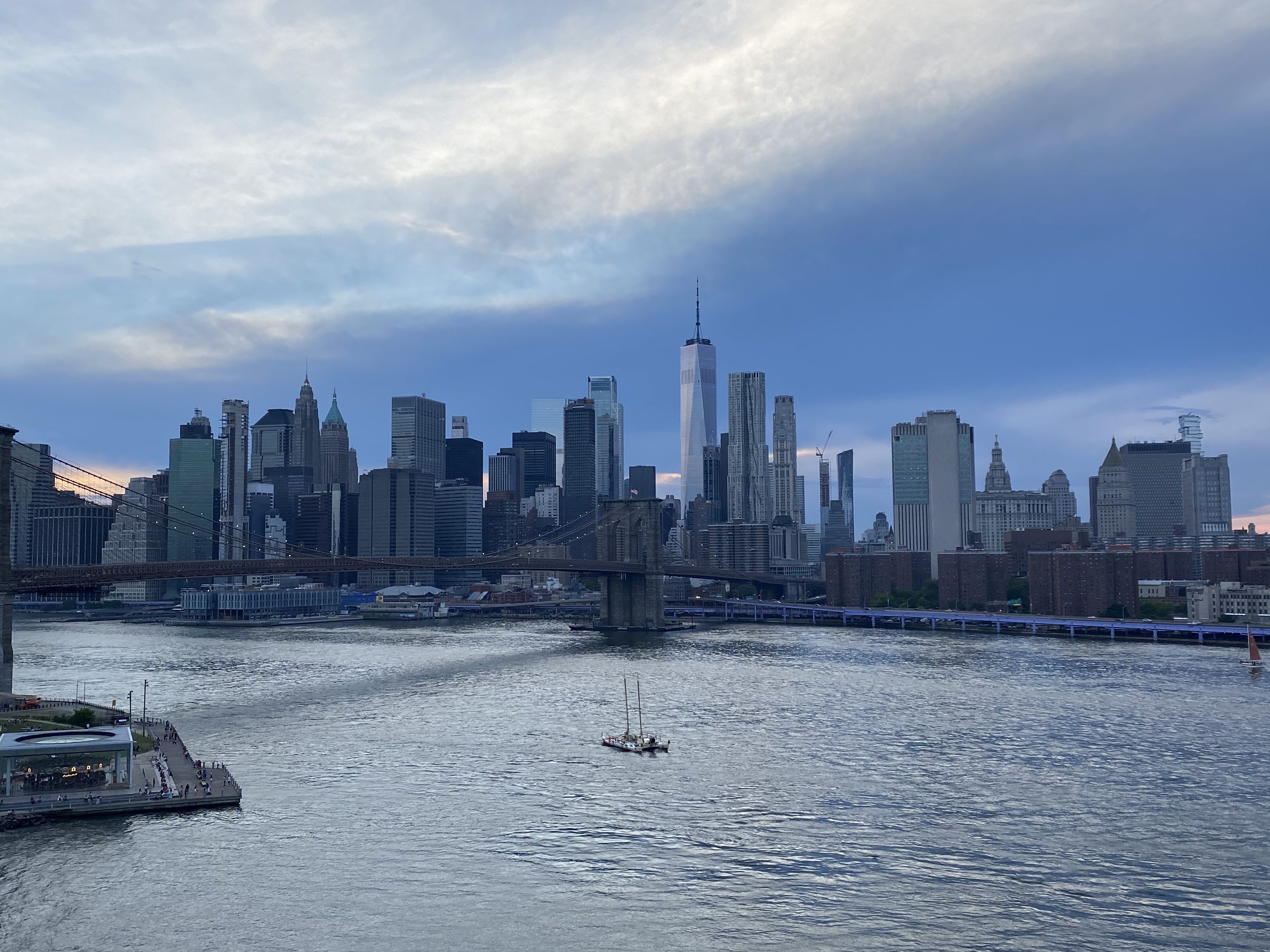 euronews-The German government is confident it can resolve the European Union’s doubts on the Opel deal.
euronews-The German government is confident it can resolve the European Union’s doubts on the Opel deal.
Eyebrows have been raised in Brussels over 4.5 billion euros of state aid for the ailing car-maker.
The EU Competition Commissioner is concerned that the German government’s offer was contingent on the sale of the carmaker going to Canada’s Magna.
German Economy Minister, Karl-Theodor Zu Guttenberg said: “In the last few months there must have been some unclear statements made, definitely not by me, and if misunderstandings need to be cleared up then we should do this. I’m sure that we will be able to do this over the next few days.”
The German government has stated numerous times a clear preference for the Magna bid as it offers the most promising future and safeguards for German jobs. Angela Merkel even promised to intervene personally to ensure Magna clinched the deal.
General Motors plans to sell a 55% stake in Opel to Magna, a car parts group with Russian backers.
The EU is concerned the deal is against competition rules
Opel employs about 50,000 people with factories across Europe.
The sale has yet to be finalised, but it has worried other EU member states which accuse Berlin of offering aid to limit job cuts in Germany.
